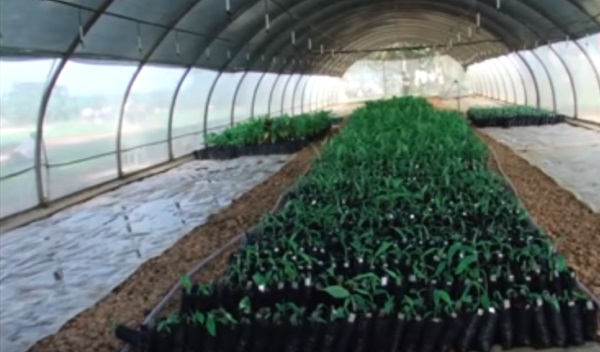The debate surrounding the Biotechnology and Biosafety Bill has been on since its inception in 2012 until October last year when the Parliament passed it into a law. Unfortunately, the Bill held a huge blow after President Museveni declined to assent to this Act citing issues concerning the title of the law, patent rights and penalties of those who mix up the GMOs with the indigenous crops. Some members of the Civil Society were against some of the provisions of the Bill and applauded the President’s move and further called for more funding to the National Agricultural Research Organization to enable the institution conduct independent research. “This technology requires a lot of funding in terms of laboratories, in terms of importing materials used. And the risk there is that once the funding from the government is low or low, our brothers elsewhere especially the Gene Jas, we have prominent funds for our researchers which makes our work and research for our country at stake. Because at the end of the day, who owns the technology? Who brings the fund or dictate?” Said, Allan Ssebulime – Head Monitoring and Advocacy, CAPCA.
The group warned that if the Act was not further scrutinized, farmers stood a chance to lose ownership to seeds and instead depend on GMOs which cannot be replanted. “We are talking about food sovereignty because I have been saving my seed elsewhere and planting it each season. But now, am required to buy it because that’s the business. So the aspect of me as a requirement to buy seeds this season and every season means income which I have to secure and yet I am not even guaranteed that the yield as I said is there.”
In the 2017/2018 budget framework paper, the National Agricultural and Research Organization has been allocated 60 billion shillings to enable it to carry out several research works on several crop plants produced by biotechnology among other activities. The Civil Society, however, research in this area is very costly that the proposed budget is not enough.

